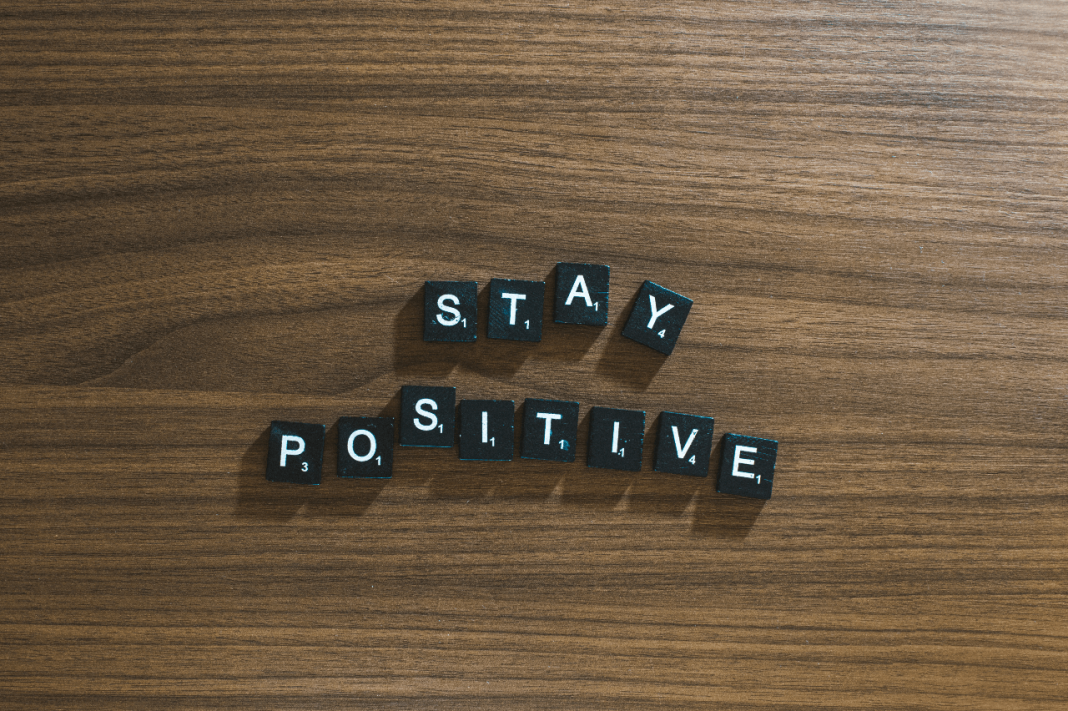How to stay positive in tough times sounds simple on paper, harder at 6 am when the room feels heavy and the tea goes cold. The phrase still matters. Top Stories of resilience show that staying positive during tough times rests on daily choices, small guardrails, and steady routines. That’s the heart of it.
Why Staying Positive Feels Hard During Tough Times
Pressure stacks up. Bills, silence on the phone, news that won’t stop. The body tightens, sleep slips, appetite swings. Brains tilt toward threat, so negative headlines stick faster. It isn’t a weakness. It’s wiring, and it can be managed with a method. That’s how most households cope.
Naming emotions reduces their sting. Anger, worry, grief. Call them what they are, without judging. Ten quiet minutes, eyes closed, slow breath, notice where the feeling sits. Chest tight. Jaw clenched. Then write two lines about it. Short notes work better than long essays. Sometimes it’s just a page torn from a notebook. Good enough.
Focus on What You Can Control
Control sits close to home.
• Wake time, even on dull days.
• Meals planned the previous night.
• What enters the screen and what stays out.
A simple rule helps: choose three tasks that move life forward by one notch. Pay one bill, send one message, walk ten minutes. Not grand. Reliable. That’s the point.
Break Your Day Into Small, Manageable Steps
People do better with bite-sized goals. Here’s a quick planner that fits on a fridge magnet.
| Time block | One action | Why it helps |
| Morning | Drink water, light stretch | Signals a clean start, wakes muscles |
| Midday | 15-minute task sprint | Builds momentum, reduces procrastination |
| Late afternoon | Short walk outside | Sunlight resets mood and sleep cycles |
| Evening | Phone off for 30 minutes | Calms the nervous system before bed |
Not perfect, just repeatable. Sometimes it’s the small habits that matter.
Stay Connected and Don’t Isolate Yourself
Hard days push people into corners. The fix is plain contact, even brief.
• Share a two-line update in the family WhatsApp group.
• Call one old friend during a commute.
• Join a local interest group that actually meets.
Sound of traffic in the background, clink of cups at a canteen, a laugh that cuts through the noise. Human signals steady the mind. That’s how many pull through long weeks.
When to Seek Support From a Professional
Professional help becomes necessary when daily function drops.
• Sleep broken most nights for two weeks.
• Appetite vanishes or spikes, energy flat by noon.
• Work or study tasks slip, calls go unanswered.
• Thoughts turn dark, or panic spikes out of nowhere.
A licensed counselor or psychiatrist can set a plan and, if needed, safe treatment. Early help saves time. That’s the practical route.
Practice Mindfulness or Simple Breathing Exercises
Mindfulness can start with counting breaths to four, hold for two, release to six. Repeat eight rounds. No special gear. The shoulders drop, the forehead loosens. Even a quick body scan builds awareness of tension that hides in the back or neck. Done regularly, it becomes a cue. Stress up, breath longer. Feels basic, works anyway.
Remind Yourself That Hard Times Are Temporary
Tough phases end, often without a grand announcement. Think of last year’s crisis that now sits as a folded receipt in a drawer. Make a timeline on paper: problem, current step, next check-in date. Seeing progress, even slight, reduces that stuck feeling. So does a simple line on the wall calendar. Done is better than dramatic.
FAQs
1. How can someone stay positive in tough times without big lifestyle changes?
Start with a fixed wake time, brief daylight exposure, and three tiny tasks daily. Keep screens limited before bed and add one pleasant activity every evening, even if it’s just ten quiet minutes.
2. What helps when anxious thoughts loop the entire day and break focus?
Use timed breathing, write down the loop on a small card, and work in 15-minute sprints. Stand up between sprints, drink water, and reset the to-do list to three items max for that block.
4. What signs suggest that self-help isn’t enough anymore and extra care is needed?
When sleep stays poor for weeks, appetite crashes, tasks get abandoned, or thoughts turn dark. At that point, book a session with a qualified professional and follow a clear plan without delay.
5. Can small rituals actually change mood when stress feels heavy already?
Yes. Rituals reduce decision load. A morning stretch, a planned lunch, set phone-off time, and a nightly wind-down create rhythm. The mind relaxes when the day has a simple frame. That’s how it works for many.



